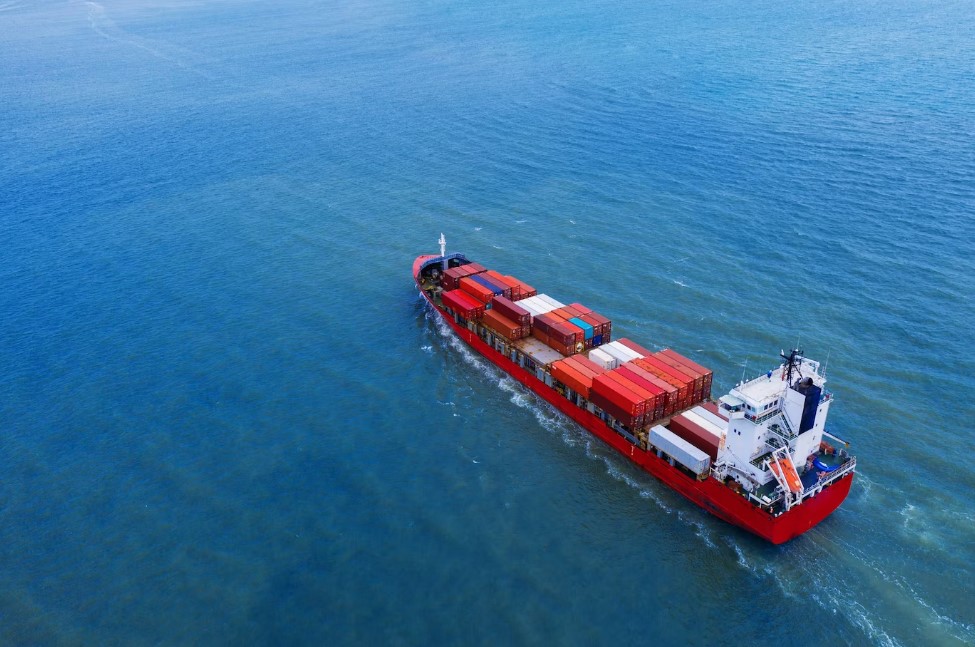
The Guide to Cargo Ship Chartering: Efficient Global Freight Transportation
Introduction:
Cargo ship chartering plays a vital role in global trade, facilitating the transportation of goods across oceans and connecting businesses around the world. Chartering a cargo ship provides flexibility, scalability, and cost-effectiveness, allowing companies to efficiently move large quantities of goods to international markets. In this article, we will explore the world of cargo ship chartering, its benefits, different chartering options, and key considerations for successful freight transportation.
MG Fond Progress is a leading name in the cargo charter industry. Having a large fleet, MG Fond Progress offers its customers effective and reliable cargo transportation services. MG Fond Progress works with an understanding that prioritizes customer satisfaction.
1. Understanding Cargo Ship Chartering:
Cargo ship chartering involves hiring an entire vessel or a specific portion of it for the transportation of goods. Chartering provides businesses with the freedom to select the vessel type, route, and timing that best suits their shipping requirements. Whether it's dry bulk carriers, container ships, tanker vessels, or specialized carriers, chartering offers versatility in meeting diverse cargo needs.
2. Benefits of Cargo Ship Chartering:
a. Flexibility and Control: Chartering allows companies to customize shipping solutions based on their specific requirements, such as cargo type, volume, and delivery schedule. It provides the flexibility to adapt to changing market conditions and adjust shipping strategies accordingly.
b. Cost-Effectiveness: Chartering can offer cost advantages, especially for large or specialized shipments. By chartering a vessel, companies can negotiate competitive rates, optimize cargo capacity utilization, and reduce the overall transportation costs.
c. Direct Routes and Timelines: Chartering enables businesses to establish direct shipping routes, bypassing transshipment hubs and reducing delivery time. This can enhance supply chain efficiency, minimize delays, and improve customer satisfaction.
d. Specialized Cargo Handling: Certain cargoes, such as hazardous materials, oversized goods, or perishable items, require specialized handling and storage. Chartering allows companies to select vessels equipped with the necessary facilities and expertise to transport and handle such cargo safely.
3. Types of Cargo Ship Chartering:
a. Voyage Charter: In a voyage charter, the charterer hires a vessel for a specific journey or voyage from the loading port to the destination port. The charterer is responsible for the cargo, fuel costs, and port expenses during the agreed-upon voyage.
b. Time Charter: A time charter involves hiring a vessel for a specified period, typically months or years. The charterer pays a fixed rate per day or month, and the shipowner covers the vessel's operating costs, such as crew, maintenance, and insurance. The charterer has more control over cargo loading and discharge ports within the agreed charter period.
c. Bareboat Charter: In a bareboat charter, also known as a demise charter, the charterer takes full control and responsibility for the vessel, including crewing, maintenance, and operational costs. The charterer operates the vessel as if they were the owner for the agreed period.
4. Key Considerations for Cargo Ship Chartering:
a. Cargo Specifications: Understand the nature of your cargo, including volume, weight, and any specific handling requirements. This information will help determine the appropriate vessel type and equipment needed for transportation.
b. Route Planning and Port Selection: Consider the optimal shipping routes based on cost, distance, and logistical efficiency. Evaluate port infrastructure, accessibility, customs regulations, and any restrictions that may impact cargo operations.
c. Charter Party Agreement: Thoroughly review and negotiate the terms and conditions of the charter party agreement, including freight rates, laytime, demurrage, and other contractual obligations. Seek legal advice if needed to ensure a fair and comprehensive agreement.
d. Vessel Selection: Select a vessel that aligns with your cargo specifications, route requirements, and operational preferences. Consider factors such as cargo capacity, vessel age, maintenance history, and the reputation and track record of the shipowner or chartering company.
e. Insurance Considerations: Ensure that adequate insurance coverage is in place for the cargo, vessel, and liabilities associated with the charter. Consult with insurance professionals specializing in maritime insurance to understand the coverage options and mitigate potential risks.
f. Compliance and Documentation: Familiarize yourself with international shipping regulations, customs requirements, and documentation needed for cargo transportation. Ensure that all necessary permits, licenses, and certificates are in order to avoid delays or penalties.
g. Risk Assessment and Contingency Planning: Conduct a thorough risk assessment to identify potential challenges or disruptions during the chartering process. Develop contingency plans to address unforeseen events, such as port closures, adverse weather conditions, or changes in cargo volume.
h. Communication and Coordination: Maintain clear communication with the shipowner, chartering agent, and other relevant parties involved in the chartering process. Ensure efficient coordination of cargo loading, discharge, and any additional services required during the charter.
Conclusion:
Cargo ship chartering offers businesses a flexible and efficient solution for transporting goods globally. By understanding the fundamentals of cargo ship chartering, considering the different chartering options, and carefully evaluating key factors such as cargo specifications, route planning, and contractual agreements, companies can optimize their freight transportation operations. Successful cargo ship chartering requires meticulous planning, effective communication, and adherence to regulations to ensure a seamless and cost-effective movement of goods across international waters.